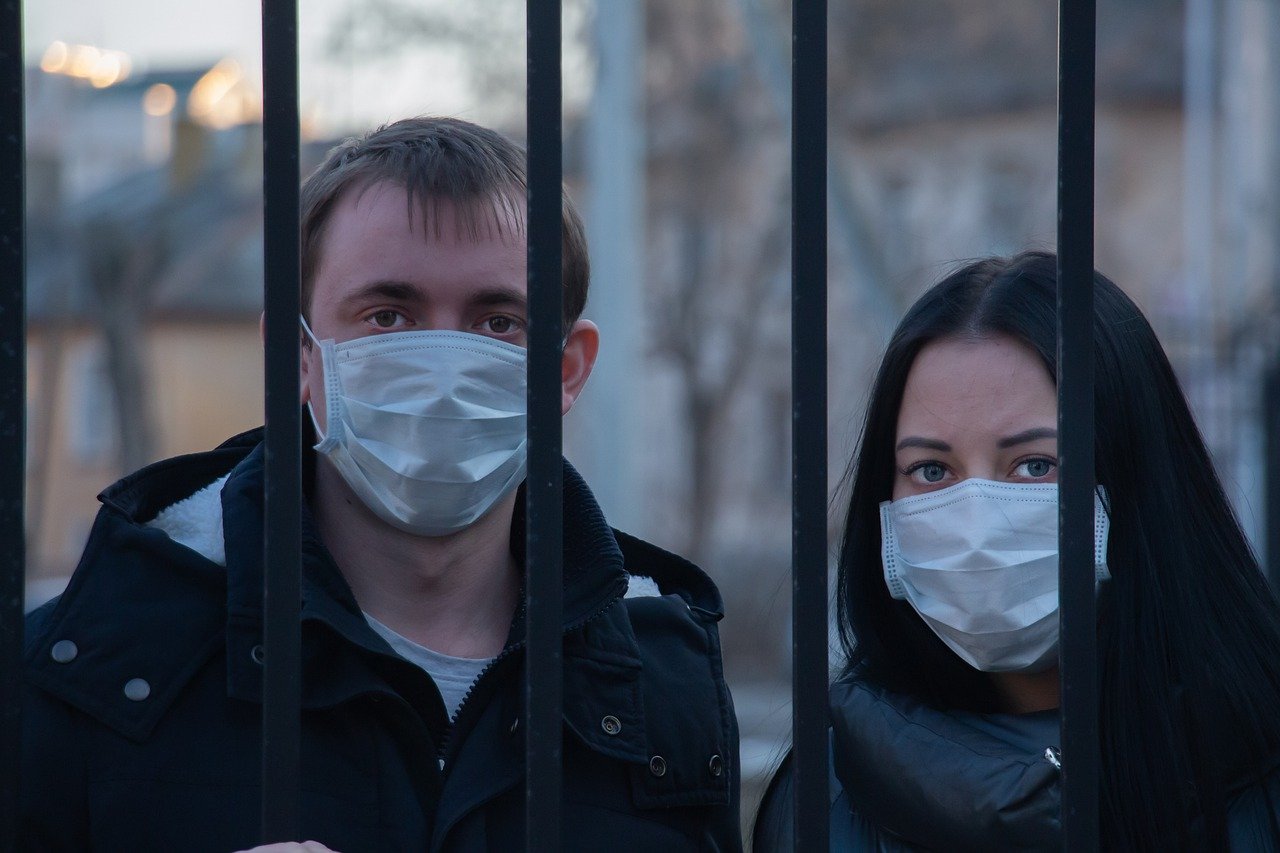Ramesh Thakur is an academic and a former UN Undersecretary General. He is best known for the Responsibility to Protect doctrine which states that sovereignty entails the responsibility to protect all populations from human rights violations and other crimes against humanity. Seventeen (17) years since the propaganda and manipulation which preceded the Iraq war, Thakur says that history is repeating itself.
In this interview for Open The Magazine, Thakur says that he is worried that “coronaphobia” has taken over government decision making and that it has lead to a complete loss of perspective on the delicate balance of life. He says that he is shocked that a majority of people, even the literate ones, can be terrified into surrendering their civil liberties and individual freedoms.
Thakur also says that the COVID-19 restrictions today are far more draconian than those imposed during World War II and the 1918-19 flu. The also says that biggest causes of deaths in poor countries is not COVID but water-borne infectious diseases, nutritional deficiencies, and neonatal and maternal complications. Lockdowns have inconvenienced the privileged, but the poor bear the biggest burden for staying at home, forced to forego daily income. Thakur raises concern over how people he considered as liberals have been so indifferent with the plight of the poor.
Aside from the social and economic issues that we are already experiencing as a result of pandemic measures, Thakur says that there is a greater risk for a human rights crisis which is further exacerbated by authoritarian responses, surveillance, closed borders, and other abuses.
Thakur discussed the similarities between the pandemic and the Iraq war. First was the emotional arguments and moral blackmail. Second, is the exaggerated presentation of information which fueled panic and tunnel vision.
Thakur ends this interview with the following words: “I think the common error has been to privilege the medical over all other considerations. In reality…this should have involved a considered assessment of what I call ‘A Balance of Interests…Governments must take into account and reconcile medical, social, economic, liberal democratic, human rights and international policies in fashioning an integrated public policy response to a pandemic”.
Editor’s Note: When one seeks for truth, one finds it. Thakur, who started as a political scientist, came to the same conclusions as we did. He found the same issues we found, and showed that the negative impact of this pandemic is man-made.
The health burden of COVID-19 is very low compared to the societal impact brought about by lockdowns and interventions imposed by governments to curb the spread of the virus. He has also seen that the pandemic is on the decline, but it will leave in its trail a host of societal issues which will impact the entire world, the balance of power, and the future of our children.
At the beginning, we knew that this pandemic will change the very foundation of our societies. The opportunity for positive change to happen is still here. We can still make a better world. But the old world, one that was founded on greed and ignorance, could still lead our civilization into complete destruction.
If we continue down this path of panic and fear, if we allow others to dictate our truth, then there is no worthwhile future to look forward to. If we do not go beyond what the government and media is telling us, then we only seal a future where the beautiful is degraded and replaced by the artificial. There will be no hope for community, no meaning for our children’s futures.
But we are still at the cross roads. Our fates are not yet sealed. There is still so much more we can do. Read END THE LOCKDOWNS! Stop it outside by ending the lockdowns inside us to know how you can take the step to the right direction.
Read Online
Click the button below if you wish to read the article on the website where it was originally published.
Read Offline
Click the button below if you wish to read the article offline.
